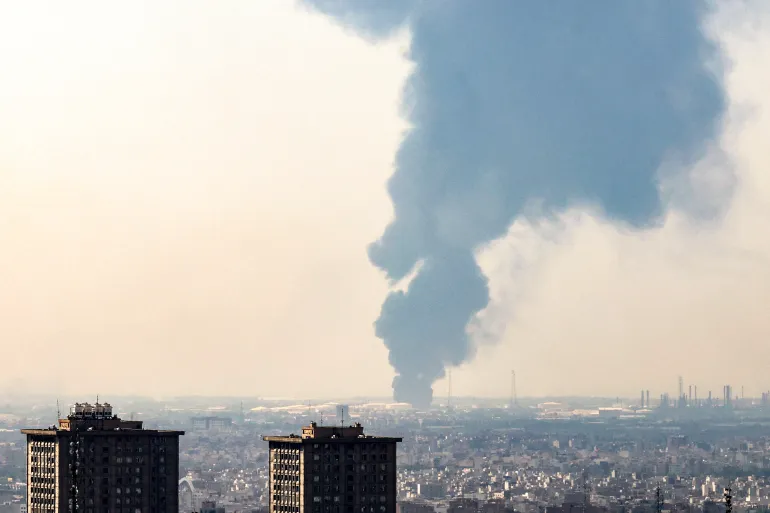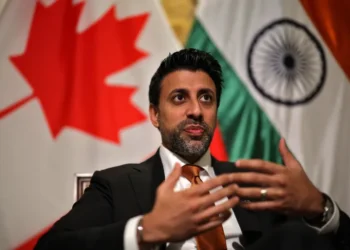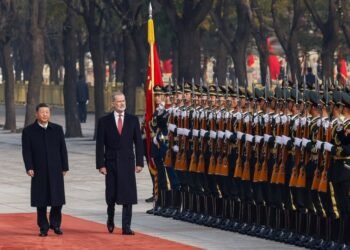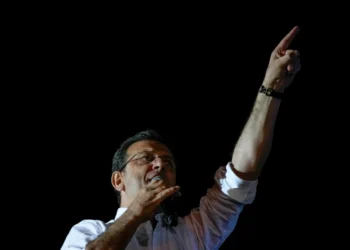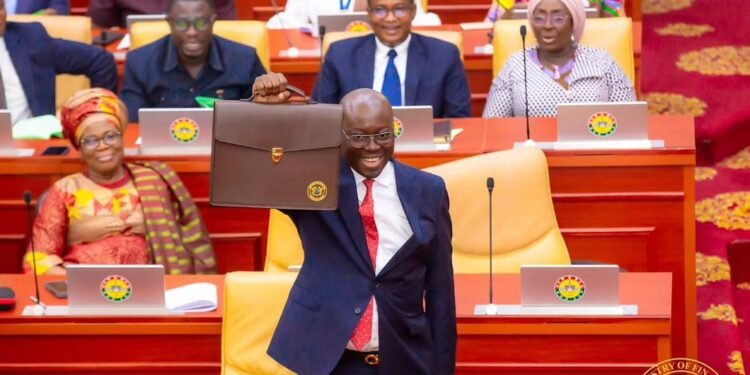Renewed Israeli attacks hit Tehran and other Iranian cities for a third straight day, as Iran launches retaliatory strikes on Israel.
Iranian authorities said the Israeli attacks, which have targeted residential and military areas in Tehran as well as many cities across the country since Friday, June 13, 2025, have killed at least 80 people, including civilians.
Multiple top-ranking commanders of the Iranian armed forces and the Islamic Revolutionary Guard Corps (IRGC) were also assassinated, as were a number of nuclear scientists and university professors.
Iran has so far launched two nights of retaliatory attacks on Israel’s Tel Aviv and Haifa, using hundreds of missiles and drones, which have led to at least 10 deaths and dozens of injuries.
Iran’s Foreign Minister, Abbas Araghchi told reporters that Iran’s attacks overnight into today, Sunday, June 15, 2025, started targeting Israel’s energy infrastructure after the Israeli army hit refineries, power stations and oil reserves across Iran.
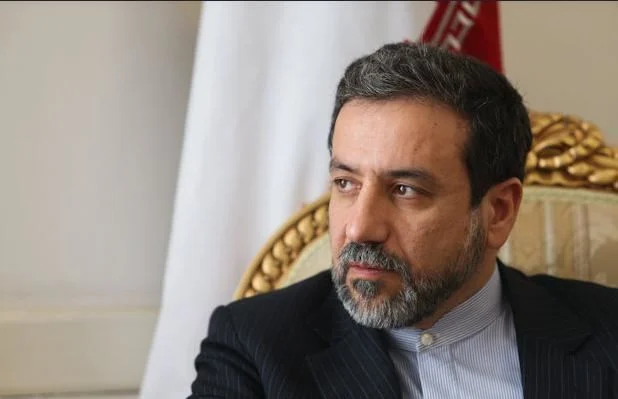
As sounds of explosions and air defences rang across Tehran in the early hours of Sunday, Israel hit a fuel reserve in western Tehran’s Shahran neighbourhood that caused a massive fire. Authorities said the fire was contained after several hours and that most of the fuel in the reserve was taken out before the air raids.
On Saturday, the Israeli military hit Asaluyeh on Iran’s southern shores in the province of Bushehr, hitting Phase 14 of South Pars, the largest gasfield in the world.
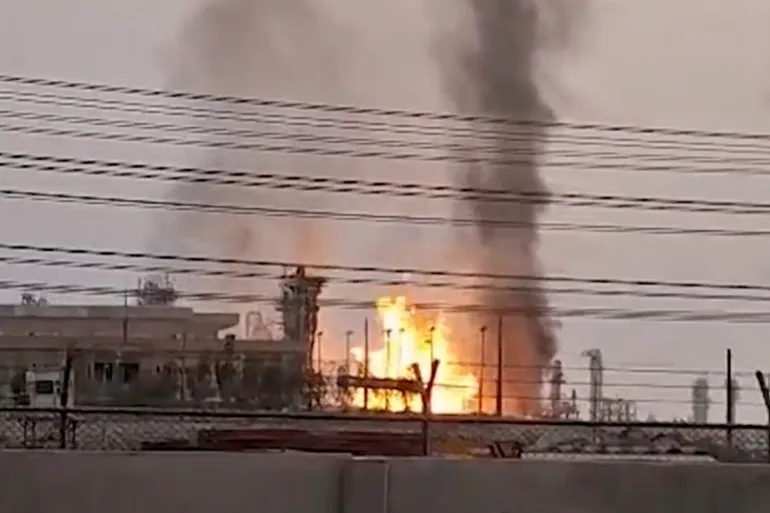
Araghchi said the attack was a “major strategic mistake” that was likely carried out deliberately with the intention of dragging other nations into the war. “The Persian Gulf region is extremely sensitive and complex, and any military development there could involve the entire region, and even the whole world,” he said.
Iran and Israel have said their attacks will continue for now, and the Israeli military on Sunday issued a threat to Iranians to stay away from what it called “military weapons production factories and their support institutions”, or risk being killed.
Fresh Israeli air strikes targeted areas across Tehran during the day on Sunday, including around Valiasr in the downtown area and Niavaran to the north.
However, Araghchi said that Tehran is willing to stop if Israel halts its attacks, and urged the international community to intervene and condemn Israel.
Iran Says US Bears Responsibility For Israel’s Aggression

Moreover, Iran’s Foreign Minister, Abbas Araghchi asserted that Israel’s attacks on his country could not have materialised without the agreement and support of the United States.
Iran’s top diplomat told reporters during a news conference in the capital, Tehran, “We have well-documented and solid evidence of the support provided by American forces in the region and their bases for the military attacks of the Zionist regime.”
He said, more importantly, US President Donald Trump has publicly and explicitly confirmed he knew about the attacks, that they could not have happened without US weapons and equipment, and that more attacks are coming. “Therefore, the US, in our opinion, is a partner in these attacks and must accept its responsibility,” he stressed.

Araghchi disclosed that Tehran has received messages from Washington through various intermediaries that it was not involved with Israel’s attacks on Iran’s nuclear facilities in Isfahan’s Natanz, but it “does not believe this claim” due to evidence to the contrary.
“It is necessary for the US government to clearly state its position and explicitly condemn the attack on nuclear facilities. This act is condemned under international law, and our expectation is that the US government, in order to prove its good faith regarding nuclear weapons, will condemn the attack on a peaceful nuclear facility and distance itself from this conflict.”
Abbas Araghchi
Pointing out that the Israeli attacks came as Iran and the US were slated to hold a sixth round of nuclear negotiations mediated by Oman today, Araghchi emphasised that Israel “will do anything” to stop the talks and diplomacy, as it has done in the past.
READ ALSO: IMF Endorses Ghana’s Energy Sector Levy as Key to Fiscal Recovery

